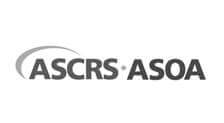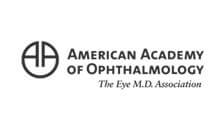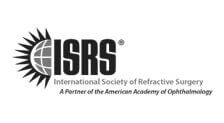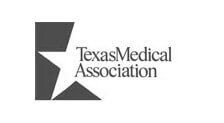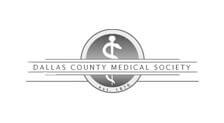
Test Your Cataract Knowledge
Like death and taxes, the more birthdays you have, the more likely it is that you will be faced with cataracts at some point. To a large degree, cataracts are an inevitable part of aging. At Carter Eye Center, we focus a great deal of our practice on the diagnosis and treatment of cataracts. But June has been designated Cataract Awareness Month, making it a great time to take an even closer look at this common vision condition.
Here are six surprising facts you may not have known about cataracts:
1. Cataracts are the leading cause of vision loss in the U.S.
The U.S. Centers for Disease Control and Prevention estimates that nearly 30 million Americans have cataracts. That’s more than twice the total number of people with glaucoma, diabetic retinopathy and age-related macular degeneration combined!
2. Cataracts don’t just affect the elderly.
Although rare, some babies are born with cataracts, a condition known as congenital cataracts. While it’s true that cataracts most commonly affect older people, people of all ages can develop cataracts. The likelihood of developing cataracts doubles in your 50s and doubles again in your 60s. By the age of 80, more than 50% of Americans have cataracts.
4. Smoking and sun exposure increase your risk of developing cataracts.
Smoking doubles your risk of developing nuclear sclerotic cataracts and triples your risk for subcapsular cataracts. Ultraviolet (UV) rays from the sun can also promote cataract development. Always wear your UV-blocking sunglasses!
5. Surgery is the only effective treatment for cataracts.
Cataracts cannot be treated with medication, eye drops or lifestyle changes. They must be surgically removed for vision to be restored.
6. It doesn’t hurt to have cataracts. And it doesn’t hurt to have them removed!
One reason why people often don’t realize they have cataracts until they begin to affect their vision is that cataracts develop painlessly over a long period. But good news! Modern cataract surgery is a safe and comfortable outpatient procedure. No hospital stays, no stitches or patches.
Trust Your Eyes to an Experienced Cataract Surgeon
Cataract surgery is one of the safest and most effective surgical procedures performed today, but it’s still important to choose a surgeon with focused training, plenty of experience, a commitment to the most advanced technology and a number of great outcomes. As a board-certified ophthalmologist with more than 30 years of experience, Dr. Harvey Carter has helped countless people regain their vision and their lives using modern cataract surgery techniques.
Premium Lenses Offer Visual Freedom
The artificial lenses used to replace the cloudy ones in cataract surgery come in a variety of choices geared toward each patient’s lifestyle and goals. Carter Eye Center offers a variety of premium lens implants (we call them Lifestyle Lenses) you can choose from. These lenses make it possible to not only eliminate cataracts but also give the opportunity for reduced dependency on glasses, bifocals and even readers.
Lifestyle Lenses are considered the gold standard in cataract lens replacements today. During traditional cataract surgery, a monofocal lens is used to replace the natural lens. The traditional monofocal lens will allow you to see clearly at only one distance – near, intermediate or far. Most patients will still require glasses for reading and up-close activities. Our premium Lifestyle Lenses allow you to see clearly at all distances. Talk about freedom!
If you’re someone who has worn glasses or contacts your whole life, post-cataract surgery vision with a Lifestyle Lens from Carter Eye Center may be considerably better than any vision you’ve ever experienced.
Dr. Carter is a sought-after cataract surgeon with decades of experience. Ready to learn more about cataract surgery at Carter Eye Center? Schedule your cataract evaluation today.





